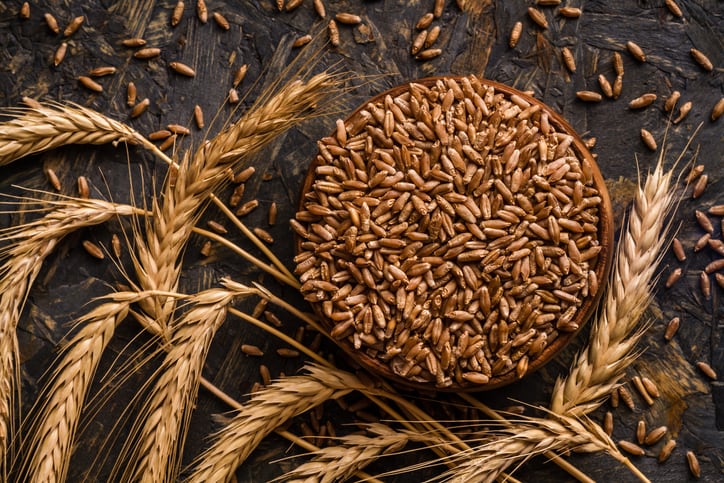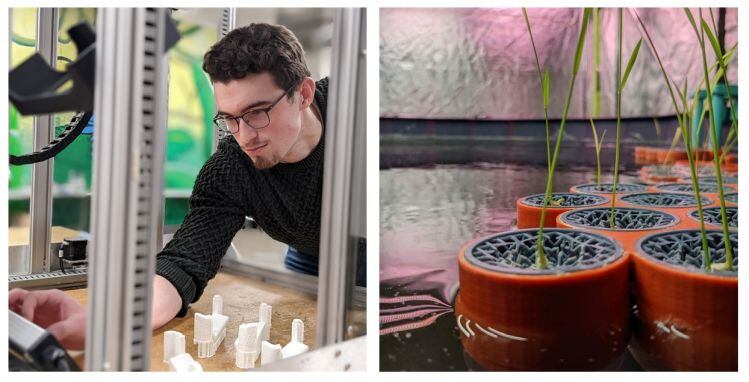By leveraging CRISPR technology, the pioneering startup created a new “superfood green” that packs the same nutritional punch and vibrant purple hue of mustard leaves but without the off-putting bitter flavor commonly associated with members of brassica family. The resulting Conscious Greens Purple Power Baby Greens Blend will be the first food introduced into the US developed with CRISPR technology.
Conscious Greens are on schedule to launch in West Coast grocery stores in the coming months through a partnership with the national retail broker RSquared Fresh Solutions. he partnership gives Pairwise access to a robust distribution network across multiple regions, which will help it consistently deliver its products to retailers.
The retail launch follows the launch of Conscious Greens in foodservice in May.
While Conscious Greens represents an exciting breakthrough, company co-founder Haven Baker acknowledges Pairwise must overcome multiple additional challenges to win over mainstream shoppers.
‘Building a healthier world through better fruits and vegetables’
On a mission to build a healthier world through “better fruits and vegetables,” Pairwise uses CRISPR technology to create new products across agriculture that offer better nutrition, longer shelf life, and improved taste or texture – all benefits consumers want, Haven said.
For example, Conscious Greens have the taste and texture of lettuce, but double the nutrition of Romaine and upwards of three extra days of shelf.
This is possible because Pairwise uses CRISPR, the newest of several gene-editing technologies, to change the underlying DNA of the greens to keep the genetic benefits or expressions people want and not those that people dislike, such as the bitter taste that is often associated with sturdier, more nutritious greens.
“CRISPR is a way to make the precise changes to enable those crop advantages. And we are working on the consumer advantages – again, more convenience, more shelf-life, better flavor,” as well as agricultural advantages, such as climate resiliency and yield, he said.
The technology is not the same as genetic modification, but rather is closer to breeding – but faster, Haven added.
“The products we’re making are non-GMO, and that distinction is … you don’t have foreign DNA in the end product,” he said.
Younger consumers do not harbor the same fear of food tech as older shoppers
While CRISPR allows Pairwise to present consumers with many benefits compared to conventional produce, Baker acknowledges that historically some consumers have been weary of food-tech. However, he says, those attitudes are evolving as companies like Pairwise transparently present the technology and communicate its benefits.
“What we are finding is that, in general, the younger generations – millennials and especially young millennials and Gen Z, they look to technology for solutions for everything. And so, this is just one more technology,” he said.
However, he stressed, it is essential that Pairwise and other food companies using technology are transparent about how they use tech and what it does – and doesn’t – do.
Pairwise explores licensing tech to transform agriculture
Looking forward, Haven said Pairwise is excited to bring additional “better” produce to market, such as pitless cherries or flavorful berries with a longer shelf life.
He said he also is talking to potential partners about licensing Pairwise’s technology to enable its use across agriculture.
“We want to see this wave of every company that’s got a plant as a major input, over the next five to ten years … have a CRISPR strategy. We think it’ll be that transformational across agriculture,” he said.



